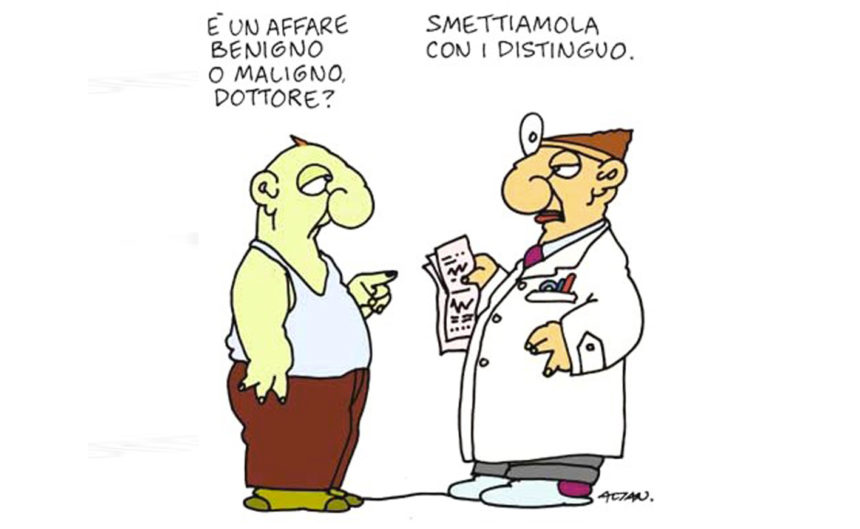When a substance with no pharmacological properties has a beneficial therapeutic effect, it is called a placebo. It was thought that for a placebo to have effects it was necessary to trick the patient into believing he/she was taking something with well-known pharmacological effects. A study has revealed that in alleviating physical pain there is no difference whether the patient believes he/she is taking a medicine or knows that it is a placebo, providing that in the latter case a detailed explanation is given, lasting at least 15 min, describing all we know about placebos. If instead, the patient is told that a placebo will be administered with no other explanation the placebo effect is null. Thus, the placebo effect is obtained whether the patient is tricked or not tricked about what is being given, providing that in the former case the reason for the trick is explained. If no reason for the trick is given the placebo has no effect. Once again it emerges that the relationship patient-doctor is an integral part of the cure. More in general, the power of a straightforward and clear explanation, be it parents-children, teacher-student, institutions-the public, is boundless even in difficult cases where one must justify deception.


Leave a Reply